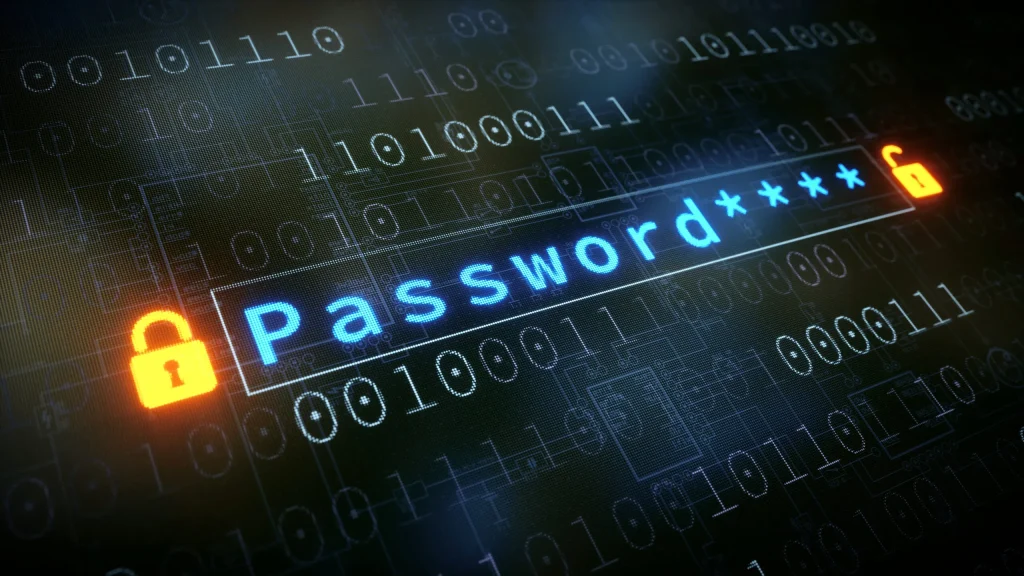Password security is critical in today’s digital landscape, especially with the alarming rise in data breaches and hacking incidents. As cyber threats evolve, so too must our approach to safeguarding personal information. To ensure your online safety, it’s essential to ask yourself, “how secure is my password?” Utilizing a password strength test can help you evaluate the robustness of your password, while incorporating strong password tips can lead to more secure online practices. A reliable password manager may also assist in generating and remembering complex passwords, while actively avoiding common passwords can add another layer of defense against cybercriminals.
When it comes to securing your online accounts, the importance of password integrity cannot be overstated. With increasing reports of identity theft and unauthorized access to sensitive information, evaluating your access credentials is more vital than ever. Consider employing a password strength assessment tool to gauge the effectiveness of your current passwords while also seeking out strategies to create robust, unique combinations. Additionally, utilizing a password management tool can simplify the complexity of maintaining these secure codes, ensuring you avoid easily guessable phrases that hackers often exploit. Ultimately, by adopting best practices for password management, you enhance your overall digital security.
Understanding Password Security
Password security is of paramount importance in today’s digital landscape. With cyber threats constantly evolving, understanding how secure your passwords are can make all the difference in protecting your personal information. A key aspect of this is recognizing that a strong password acts as your first line of defense against unauthorized access. This means that not only should you have passwords that are difficult to guess but you should also regularly assess their strength using tools and tests that evaluate their effectiveness, like the password strength test.
Moreover, security isn’t just about creating complex passwords; it’s also about managing them effectively. Employing a password manager can simplify this process by generating unique passwords for each of your accounts and storing them securely. This enables you to avoid common passwords that hackers can easily exploit, thus reinforcing your overall password security.
Frequently Asked Questions
How secure is my password?
To evaluate the security of your password, you can use a password strength test. This involves assessing the length, complexity, and uniqueness of your password. A strong password typically has at least 12 characters, combines uppercase and lowercase letters, includes numbers and special characters, avoids personal information, and has not been reused across multiple accounts. If your password falls short in any of these areas, it may not be secure enough.
What are strong password tips to enhance my password security?
To enhance your password security, consider the following strong password tips: use at least 12 characters, mix uppercase and lowercase letters, include numbers and special characters, and refrain from using personal information. Additionally, ensure each password is unique for different accounts and update them regularly to bolster your overall password security.
What should I do if my password strength is low?
If your password strength is low, you have two options: first, create a stronger password by following best practices—length (at least 12 characters), complexity (mix of letters, numbers, characters), and uniqueness. Alternatively, you can utilize a password manager that offers a built-in password generator to create strong, random passwords effortlessly.
Why should I avoid common passwords for better password security?
Avoiding common passwords is crucial for better password security because such passwords are easily guessed. For example, passwords like ‘123456’ or ‘password’ can be cracked within seconds. Using unique and complex passwords minimizes the risk of unauthorized access and protects against attacks such as credential stuffing.
How does using a password manager improve my password security?
Using a password manager significantly improves your password security by generating and storing complex and unique passwords for each of your accounts. This prevents you from the temptation to reuse passwords and helps you manage your login credentials securely, making it easier to maintain strong password practices.
| Key Point | Details |
|---|---|
| Impact of Password Leaks | The RockYou2024 leak revealed nearly 10 billion passwords, creating a significant risk for credential stuffing and identity theft. |
| Importance of Password Strength | Weak passwords may lead to easy and fast breaches, while strong passwords provide better protection against attacks. |
| Common Weak Passwords | Avoid passwords like ‘123456’, ‘password’, and ‘qwerty123’ as they are highly insecure. |
| Password Strength Test | A 7-point checklist helps assess password strength based on length, complexity, uniqueness, and recent changes. |
| Recommendations for Low Password Strength | Options include creating stronger passwords manually or using password generators for secure ones. |
| Ongoing Process | Password security is an ongoing task, requiring regular updates and management to minimize risks. |
Summary
Password security is essential in today’s digital landscape. With cyber threats ever-increasing due to widespread data breaches, ensuring that passwords are strong and secure is more important than ever. Simple and reused passwords make you vulnerable to attacks, while unique and complex passwords act as a formidable defense against unauthorized access. Employing tools such as password generators and managers can elevate your security, allowing for peace of mind and protection of sensitive information.

